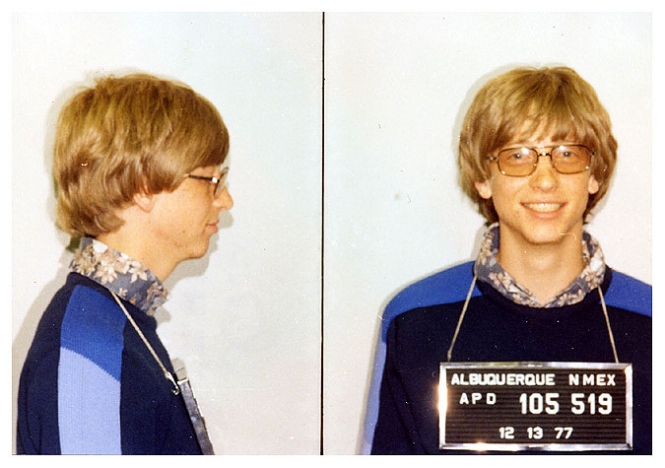The toughest thing for a company to do is to become successful. The second toughest thing is to survive success and continue innovating. From a new Vanity Fair piece about the decline of Microsoft:
“According to [Kurt] Eichenwald, Microsoft had a prototype e-reader ready to go in 1998, but when the technology group presented it to Bill Gates he promptly gave it a thumbs-down, saying it wasn’t right for Microsoft. ‘He didn’t like the user interface, because it didn’t look like Windows,’ a programmer involved in the project recalls.
‘The group working on the initiative was removed from a reporting line to Gates and folded into the major-product group dedicated to software for Office,’ Eichenwald reports. ‘Immediately, the technology unit was reclassified from one charged with dreaming up and producing new ideas to one required to report profits and losses right away.’
‘Our entire plan had to be moved forward three to four years from 2003–04, and we had to ship a product in 1999,’ says Steve Stone, a founder of the technology group. ‘We couldn’t be focused anymore on developing technology that was effective for consumers. Instead, all of a sudden we had to look at this and say, ‘How are we going to use this to make money?’’
A former official in Microsoft’s Office division tells Eichenwald that the death of the e-reader effort was not simply the consequence of a desire for immediate profits. The real problem for his colleagues was the touch screen: “Office is designed to inputting with a keyboard, not a stylus or a finger,’ the official says. ‘There were all kinds of personal prejudices at work.’ According to Microsoft executives, the company’s loyalty to Windows and Office repeatedly kept them from jumping on emerging technologies. ‘Windows was the god—everything had to work with Windows,’ Stone tells Eichenwald. ‘Ideas about mobile computing with a user experience that was cleaner than with a P.C. were deemed unimportant by a few powerful people in that division, and they managed to kill the effort.'”
Tags: Bill Gates, Kurt Eichenwald, Steve Stone

